Today’s readings: Genesis 1:26-2:3 | Psalm 90 | 1 Thessalonians 4:1b-2, 9-12 | Matthew 6:31-34
One of the things that I remember vividly about my childhood is how hard my parents worked. My Dad worked more than one job at a time for several years. And in his main job, he was with the company for well over forty years, finally retiring from the company he worked for since his late teens. My mother, too, worked outside the home, and still does on a part-time basis. They encouraged me to work as well, and the experience of the work I did in my late teens is something that I carried with me throughout my pre-seminary work years, and continue, really, to benefit from to this very day. And that’s how work is supposed to be: participation in God’s creation, enhancing our human dignity, bringing forth our gifts, and helping us to be better people. Work should also help us to sustain our lives and our families, and to provide for their needs, including health care and retirement. The Church has consistently and loudly taught these truths about work ever since Pope Leo XIII’s ground-breaking encyclical Rerum Novarum, published in 1891.
As we observe Labor Day this year, though, I think we still have work to do on those principles. Far too many people don’t have the resources that work provides. The bishops of our nation publish a yearly Labor Day statement, and this year they write about the fact that so often labor is viewed as a commodity, a thing to be bought and sold, rather than as a participation in the ongoing creative work of God and an expression of the dignity of the human person, which is rightly work’s purpose. They note that, in the sadness of COVID-19, the national human trafficking hotline handled a 40% increase in calls in the month following stay-at-home orders, especially as seen in communities of color.
COVID also spiked job loss, and I think just about anyone could think of someone they know or know of who has lost work during the pandemic. The bishops write: “Adults in lower-income households were more likely to experience employment income loss than those from higher income households. And women accounted for more than half of the job losses during the first seven months of recession, even though they make up less than half of the workforce.”
They also write about the loss of more than 600,000 people to COVID-19 and the impact that has had on families: “It is especially heartbreaking that up to 43,000 minor children in the U.S. have lost a parent as a result of the pandemic. The families who lost a breadwinner are now more financially vulnerable, with a projected 42 million people in the United States experiencing food insecurity this year, including 13 million children.”
In response to all this, they call on Pope Francis’ latest encyclical, Fratelli Tutti, in which he calls on people of good will to reject “the reality that women are not yet recognized as having the same dignity as men, that racism shamefully continues, and that those who are poor, disabled, unborn, or elderly are often considered dispensable.” Instead, he invites us to work for an economy that “has at its heart a concern that all of humanity have access to land, lodging, and labor,” which are common aspects of Catholic Social Teaching.
Finally, the bishops note that “the pandemic has presented us with many shared experiences.” We’ve been through a lot, together, and they call on us to go forward together in ways that build up every person. As Pope Francis has said, “Once the present health crisis has passed, the worst reaction would be to fall even more deeply into feverish consumerism and forms of selfish self-protection…”
And so on this Labor Day it is especially appropriate that we reflect on the Genesis story of the creation of the world, showing the work of our Creator God and the blessedness of the sabbath rest on the seventh day. We are reminded that all of our work is meant to be an ongoing act of participation of the creation and re-creation of the world by our Creator God. Our Gospel reading today calls us to get this right, because when we do we can let go of worry and trust that seeking God’s kingdom first, everything will be given to us besides.
Labor Day is in fact a wonderful time to step back and look at the meaning of work. Labor Day reminds us that we don’t have permission to write off human labor as some kind of necessary evil or a commodity to be bought and sold. We are reminded that the economy exists for the good of people, not the other way around. We must truly venerate all labor, that of our own efforts as well as that of others. We must vigorously defend the rights and dignity of workers, particularly of the poor and marginalized. And we must always offer all of this back to our God who created us to be co-creators with him. May we pray with the Psalmist this day and every day, “Lord give success to the work of our hands!”
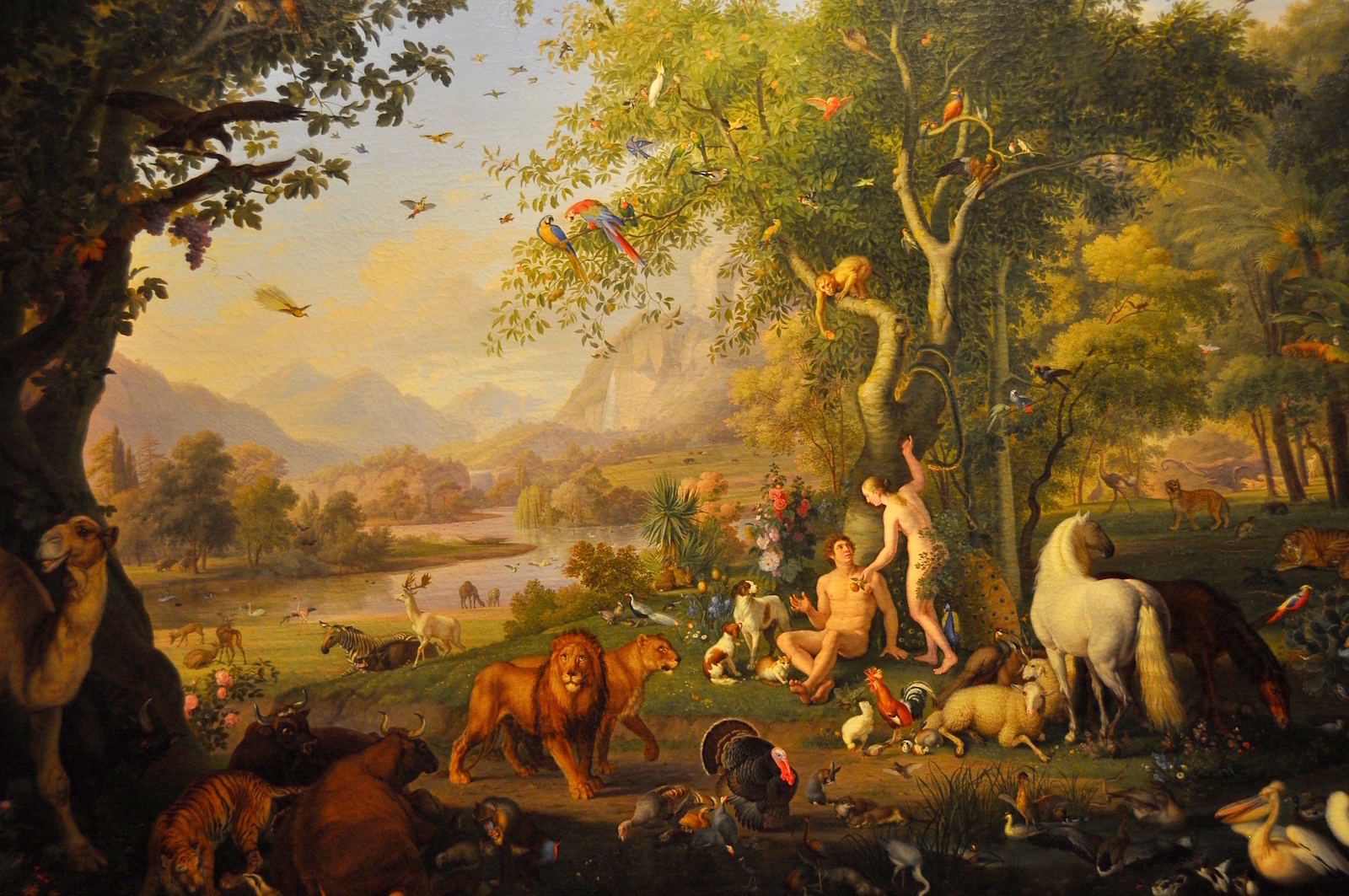
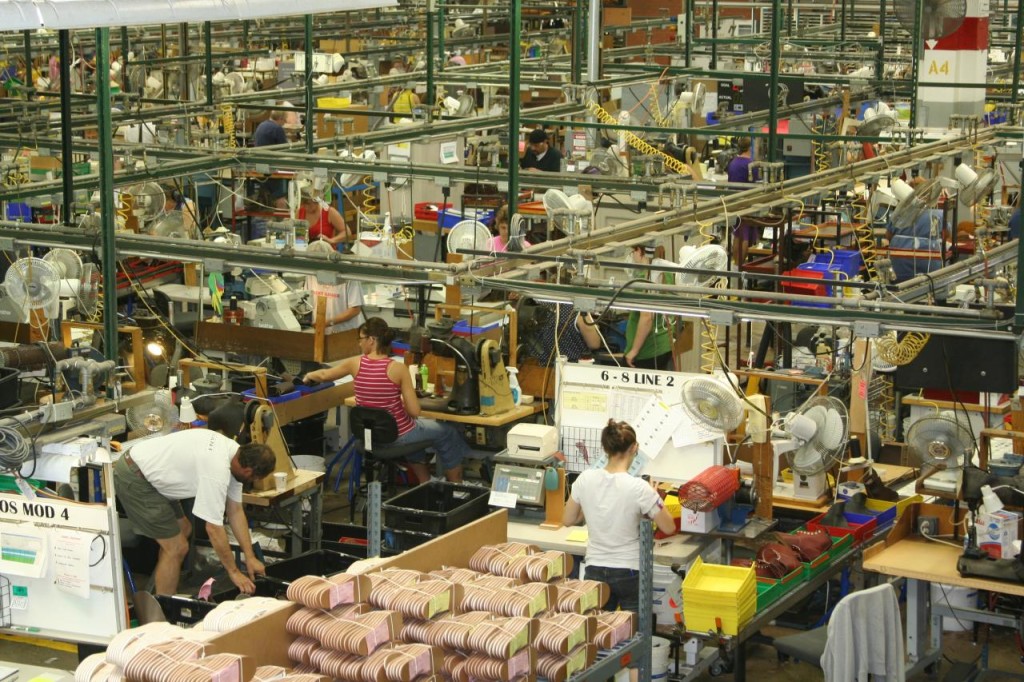
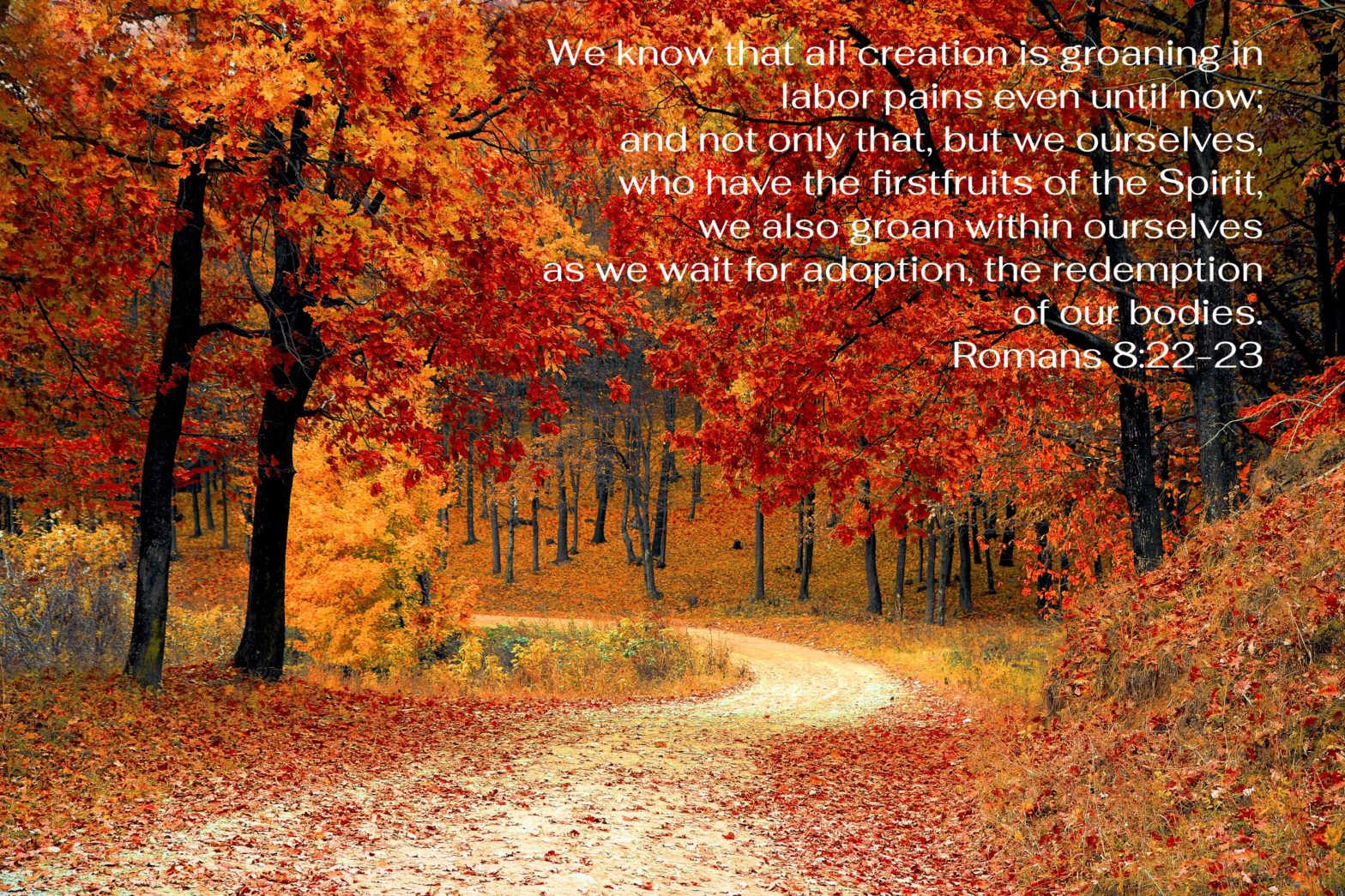
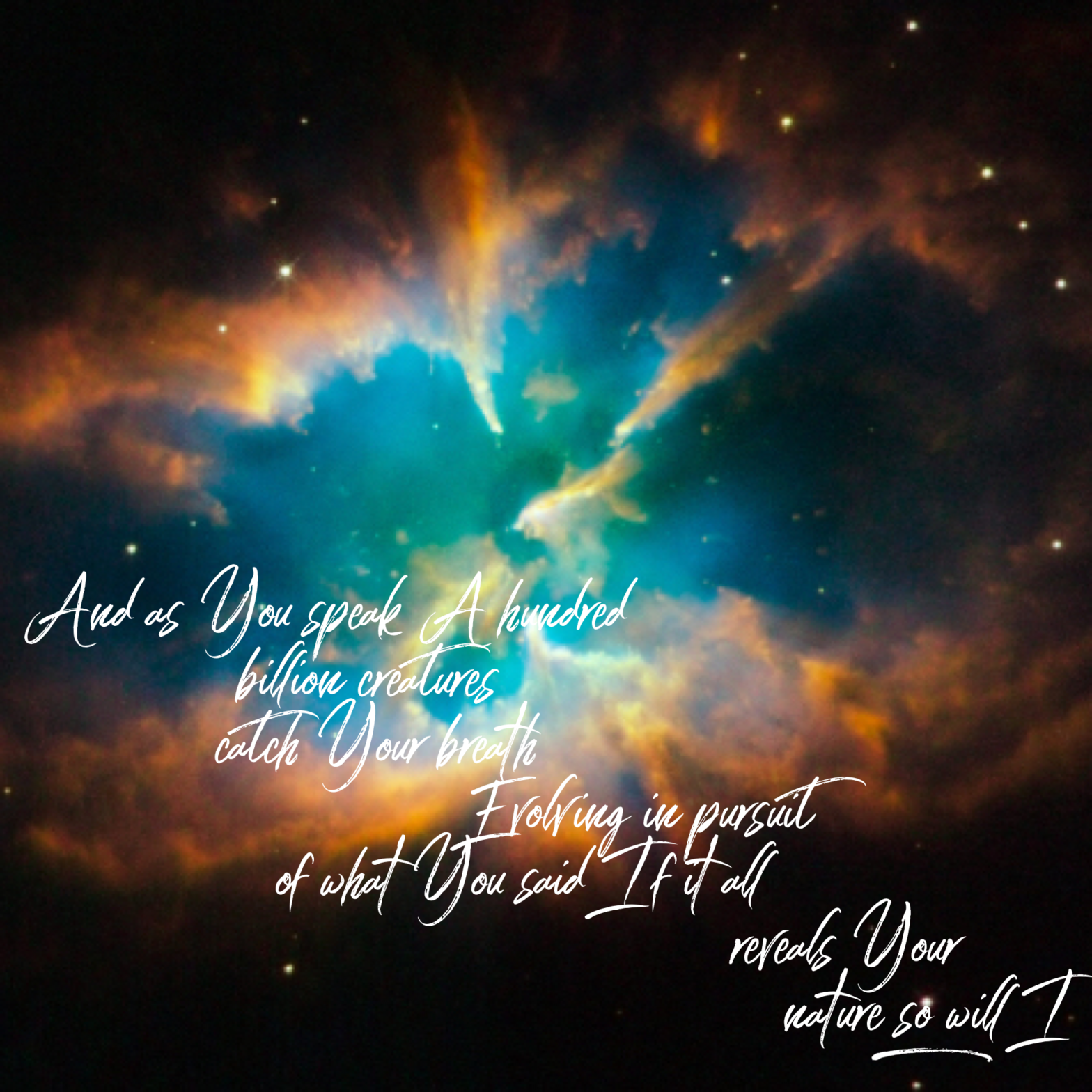
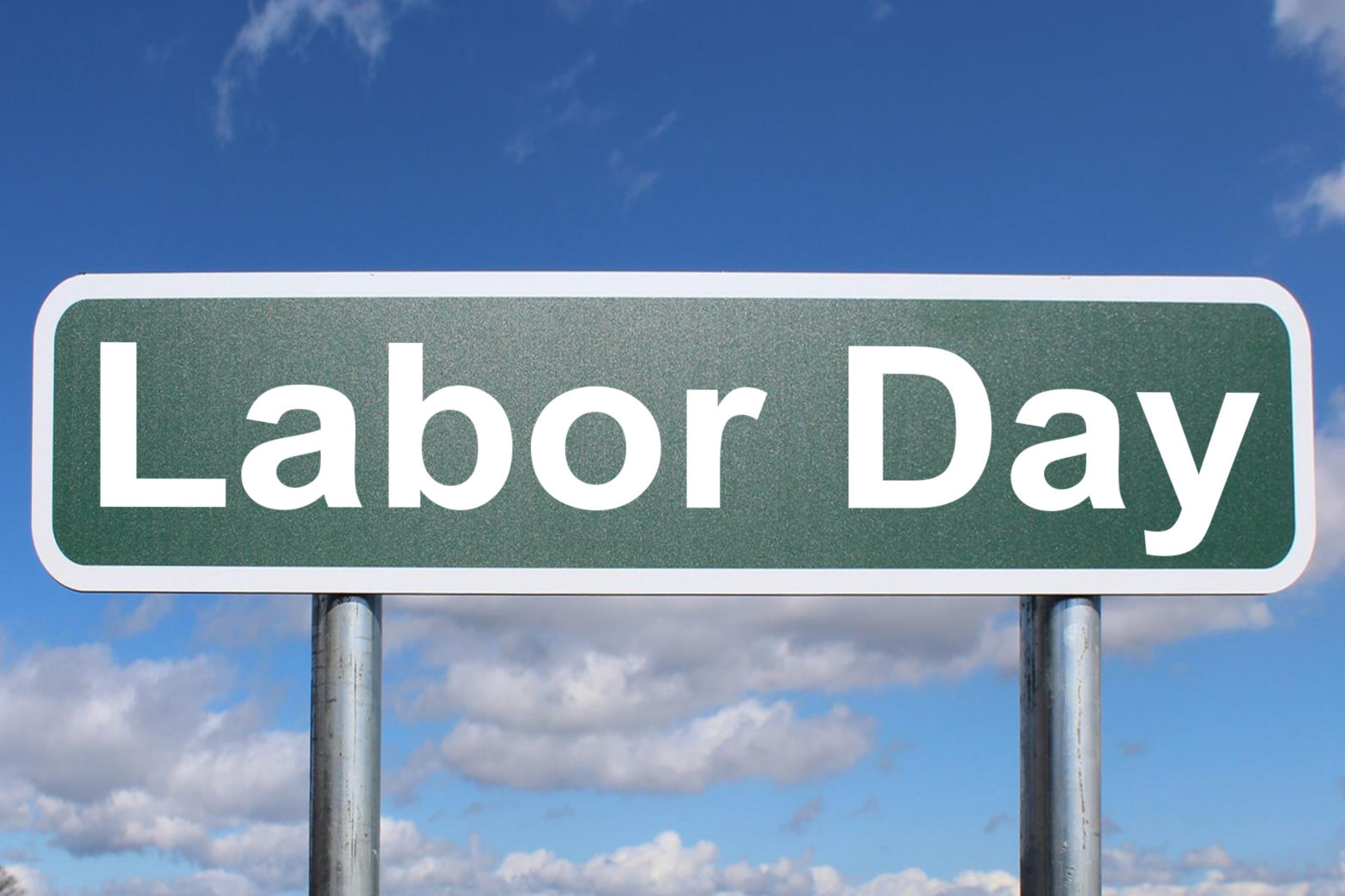
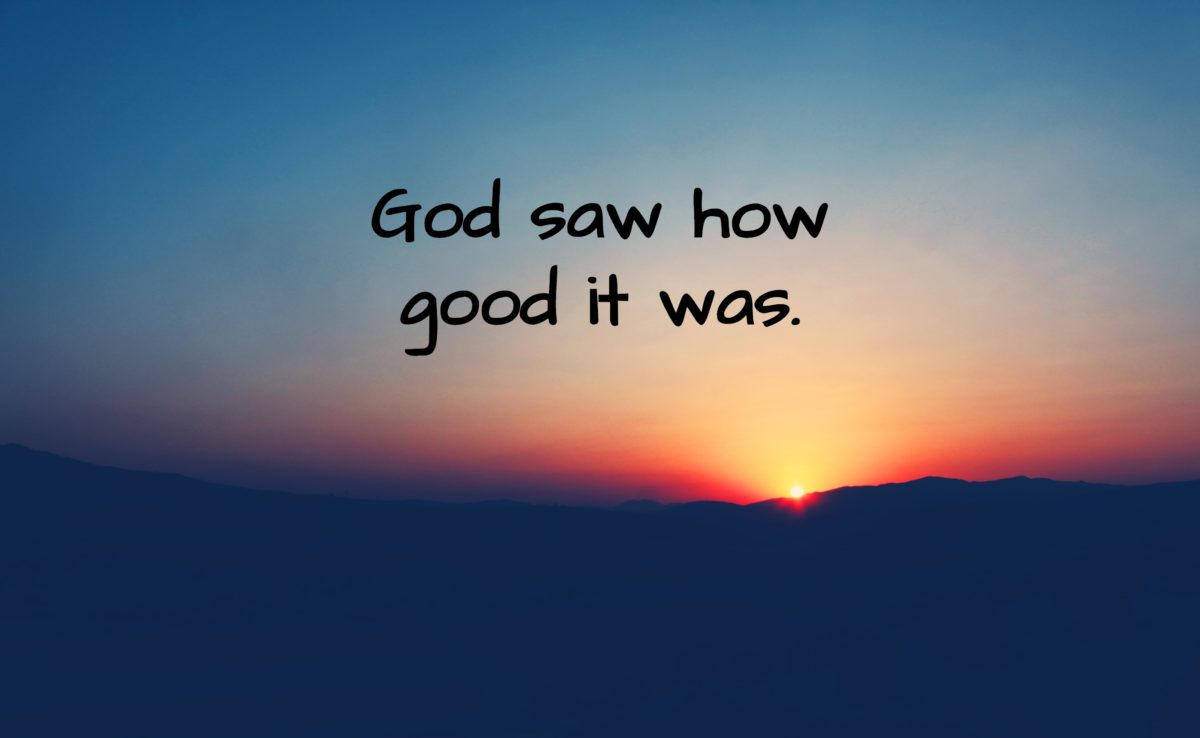


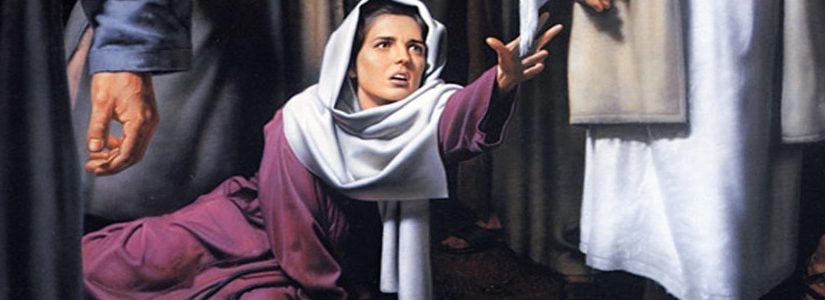
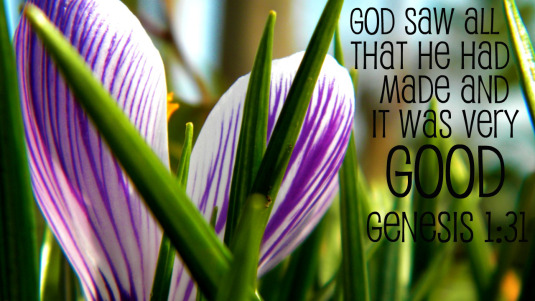
You must be logged in to post a comment.